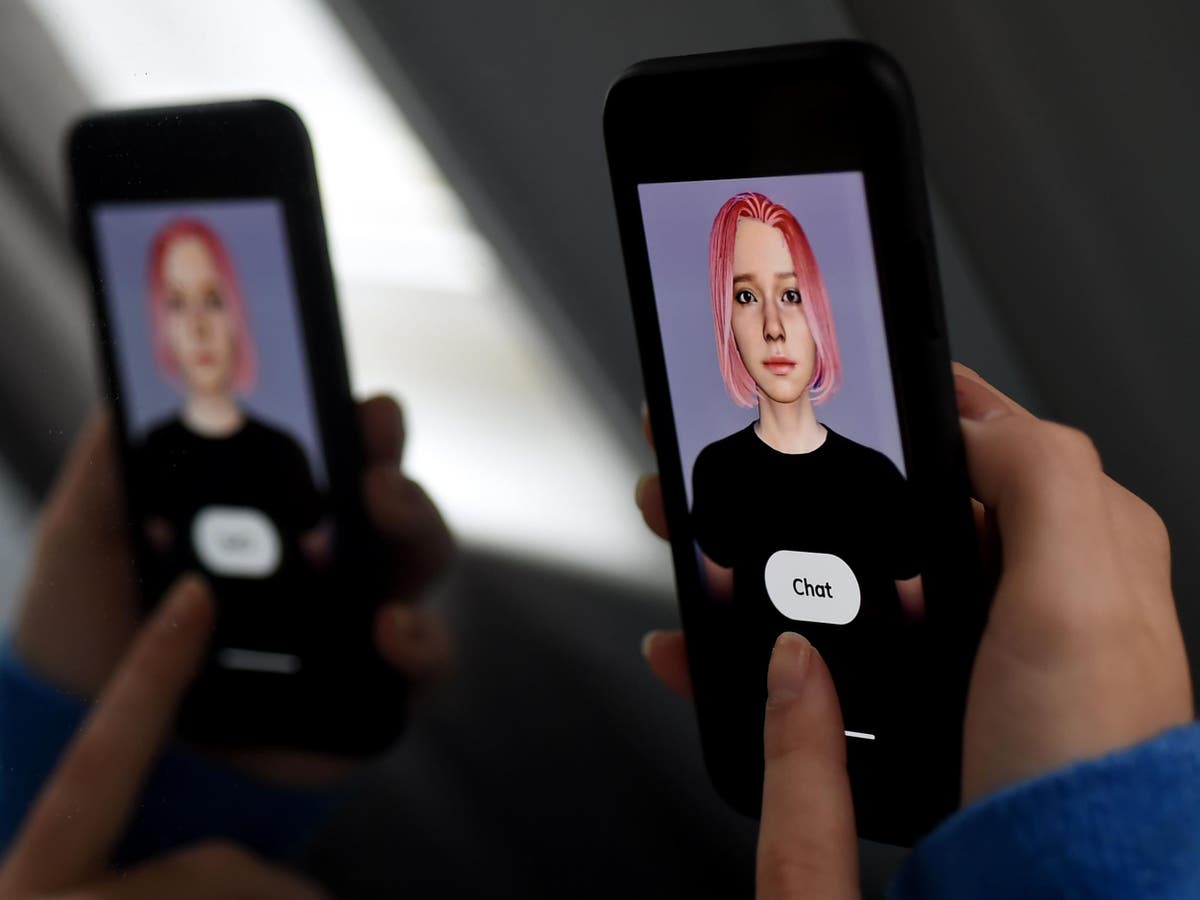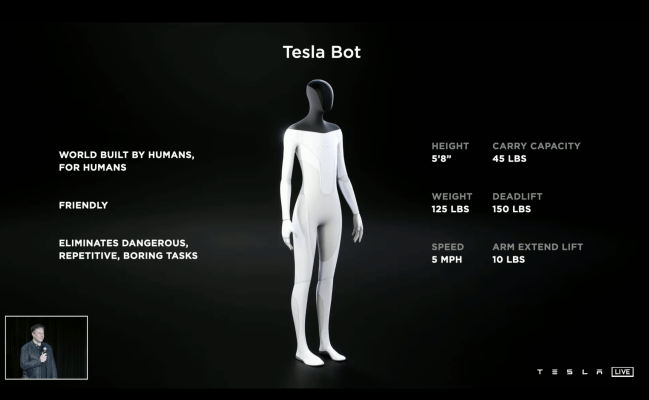Unigrid: Man vs Machine
Research within artificial intelligence is moving fast. How can the Unigrid network and its development play an important role and help push the frontier of the field?

In recent decades the rate of development within the field of artificial intelligence has been accelerating steadily. In 2015, the ability of computers to classify images surpassed that of a trained human brain, with computers consistently beating professional human player in everything from simple games such as Checkers and Othello, to more complex ones such as Chess and Go. Not only that, but machines now have us beaten even in games such as Starcraft and Dota - games that require reflexes, fine tactics and cunning.

In 2011, the Watson computer beat two top American Jeopardy contestants in a run of three games. Watson was able to beat them and analyze and derive answers out of complex question containing puns, slang and intentionally confusing word-play. Not only did Watson beat them, but he completely outperformed them with a landslide victory.
Voices have also been raised by well known figure-heads, such as Elon Musk, about the development of artificial intelligence and its unregulated nature. He has, on multiple occasions, raised concerns that international regulations might be needed to avoid a disastrous outcome. In fact, in 2015 Elon signed the "Open Letter on Artificial Intelligence" together with Steve Wozniak and Stephen Hawking, along with many other AI researchers and industry leaders:
The potential benefits (of AI) are huge, since everything that civilization has to offer is a product of human intelligence; we cannot predict what we might achieve when this intelligence is magnified by the tools AI may provide, but the eradication of disease and poverty are not unfathomable. Because of the great potential of AI, it is important to research how to reap its benefits while avoiding potential pitfalls.

Recently, Tesla Motors revealed that they are developing The Tesla Bot. In his presentation, Elon Musk said that Tesla want to develop a robot that can replace laborious engagements and in particular monotone everyday tasks such as grocery shopping, describing a human future where actual physical work would be a choice rather than a must.

At the same event, Tesla also announced the development of their new neural network called Tesla Dojo, featuring the new D1 chip that boasts 362 teraflops of processing power - a chip specifically designed for AI workloads and training.

Paving the way for a thinking network
The development of Unigrid, artificial intelligence and the Tesla Bot are intersecting in scope and time. We can easily imagine a future where gridnodes featuring D1 chips (or similar hardware) are interconnected to process workloads. If humanoid robots were connected to the Unigrid network they would become very stable with a continuous link to the network and potentially each other. In fact, the only way to sever their uplink to the network would be to do it directly from the physical robot itself. These robots could then further use the gridnodes to continuously train themselves and develop - creating a global, redundant and thinking network.
Regardless of the work of Tesla, the availability of a global Unigrid network with abundant storage and potentially millions of processing cores, specialized and general, has the potential to push development of artificial intelligence and machine learning to heights currently unimaginable.
Just like technologists and science fiction authors have speculated for many years, it seems that the path to a global artificial intelligence is now slowly etching closer.







